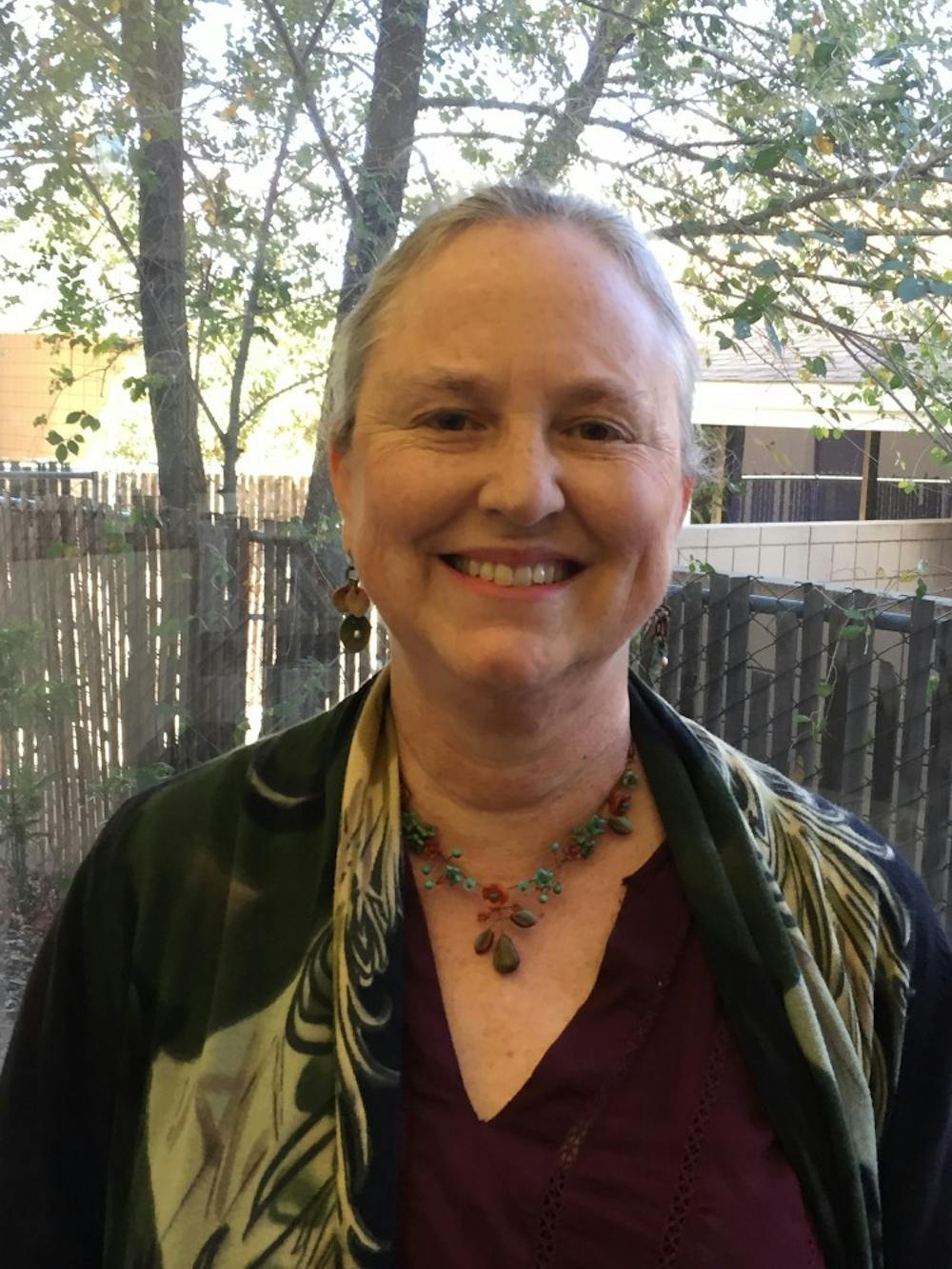A team of UNM researchers is empowering public school students in New Mexico by putting existing public health data from the New Mexico Youth Risk and Resiliency Survey directly into their hands, and taking them through their own analysis of the local-level data.
The researchers at the Risk and Resiliency Assessment Project for Students also support students in advocacy of programs and policies based on their interpretation of the data combined with their own experiences.
“The project is intended to engage youth voice in how school officials, parents and public health practitioners understand surveillance data, and to increase genuine student involvement in the development of programs and policies that affect them directly,” said Linda Peñaloza, research associate professor at the UNM Division of Prevention and Population Sciences.
She said the team has been contracted by the New Mexico Department of Health to administer the survey since 2003.
Courtney FitzGerald, associate scientist in the UNM DPPS, said that historically, NM-YRRS data has been disseminated to schools and school districts, as well as public health organizations, directly, but few of these groups shared the data with the students.
“From our work with the students, we realized that students did not always understand why they were answering questions about their health behaviors,” FitzGerald said. “Many students who participate in YRRS did not necessarily see value in it - probably because they never actually access the survey results or see how the data get used.”
The researchers decided they needed a way to involve the students in the data – to help them understand it and to let them participate in discussions around its meaning and relevance to their lives, their schools and their communities, Peñaloza said.
FitzGerald said the project gives students an opportunity to understand the data in three ways:
First, they can use it to identify the strengths in their school and community.
Second, they can identify areas in the data that are of greatest concern to them.
Third, they can develop action plans that allow them to actually do something about those areas of concern.
Students who participate in RAPS discover that they can actually make a difference and that they have a voice in decision making, the researchers said. The students present the data back to their communities, which usually take great interest in the research, Peñaloza said.
Get content from The Daily Lobo delivered to your inbox
She said that the students have presented their ideas for improved programs or policies to their principals, governing councils, tribal elders, county commissioners and state legislators. In one participating community, for example, the students identified obesity and the fact that very few students wore a helmet when riding their bicycle as factors in their data, the researchers said.
As a result, the students worked with several community stakeholders to hold a Bicycle Rodeo this past summer, Peñaloza said.
“They raffled off donated bicycles and gave away free bicycle helmets, had volunteers repairing old bicycles for free and had children and youth participate in obstacle courses on their bikes. The goal was to encourage young people to be more physically active and be safe. The Bicycle Rodeo was well attended and had a significant impact on the community,” she said.
Currently, the researchers are working to acquire funding to conduct a broader evaluation of RAPS in order to measure impacts on school climate and long-term effects from the project on school policies and student health, she said.
“Ideally, we would like to see whether schools continue to engage students in program and policy development, and whether student health indicators for schools change as a result of programs and policies that are put in place as a result of RAPS,” the researchers said.
Emily Lilo, a communication and journalism graduate student, said that she finds the RAPS project very inspiring as a model of positive youth development, community engaged research and capacity building.
“It is a really creative way to take something like data analysis that many people find boring and turn it into a program to empower youth to become experts and leaders at the same time as they achieve something positive for their schools and community,” Lilo said.
She said that she has had the pleasure of working with a former RAPS student who is now a UNM undergrad with a work study contract at the Prevention Research Center.
“She is so amazing. I can't say that it is all because of RAPS, but I see her confidence, her belief in her own knowledge, and her thoughtfulness and eagerness to learn more and learn how it applies to her and her community, and I think it's incredible,” Lilo said.
Sayyed Shah is the assistant news editor at the Daily Lobo. He can be contacted at assistant-news@dailylobo.com or on Twitter @mianfawadshah.






